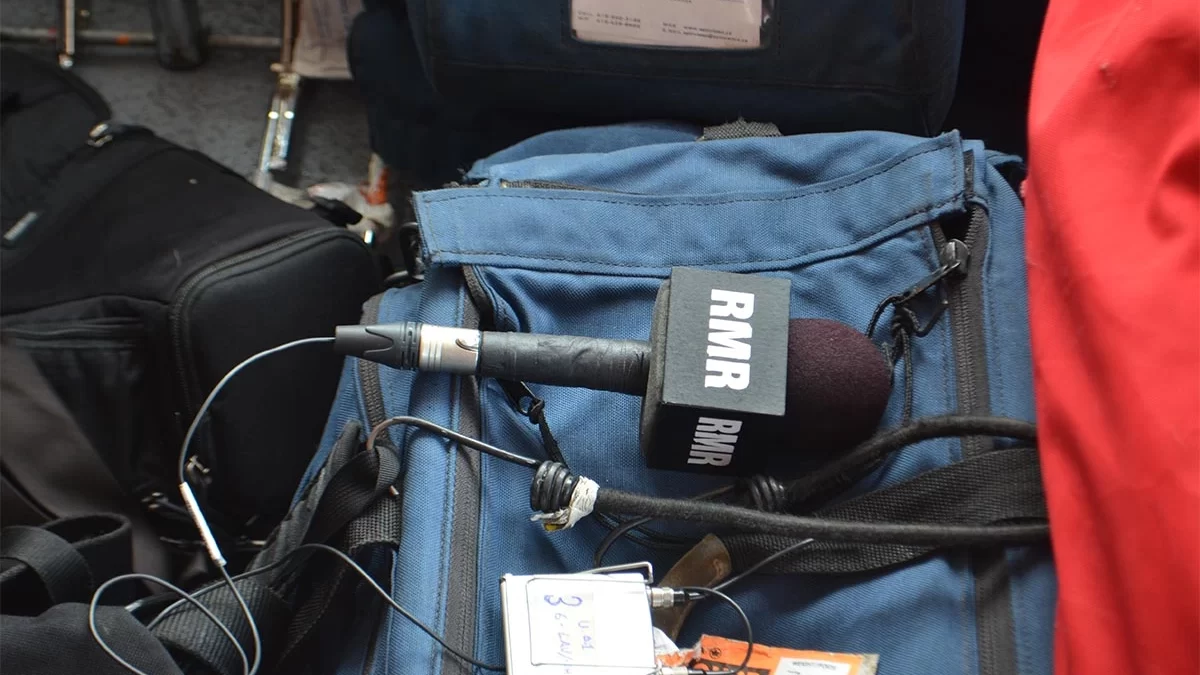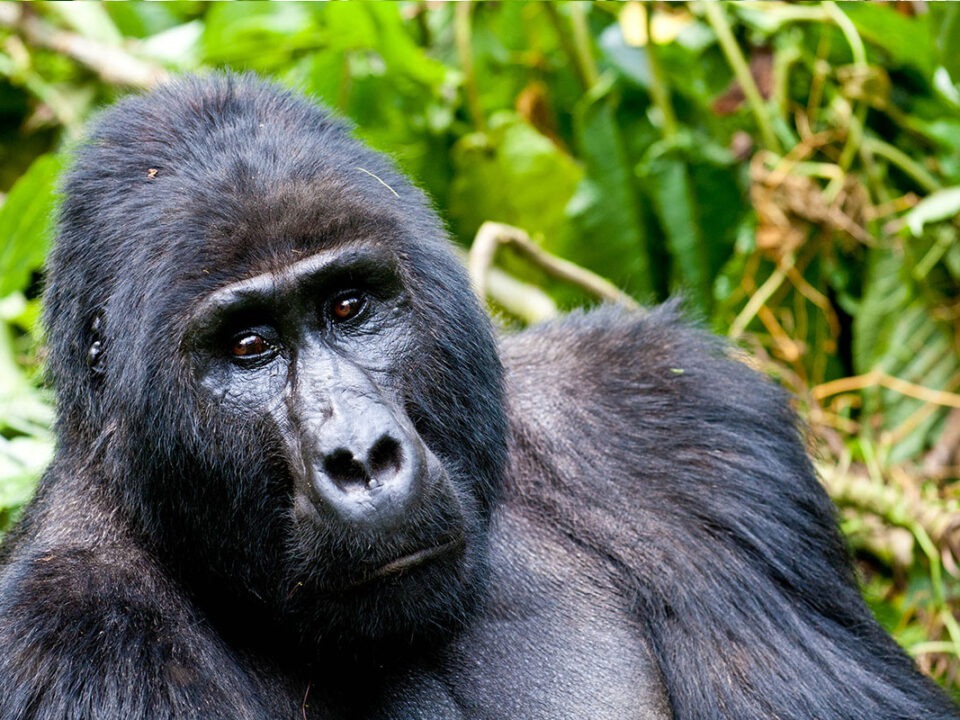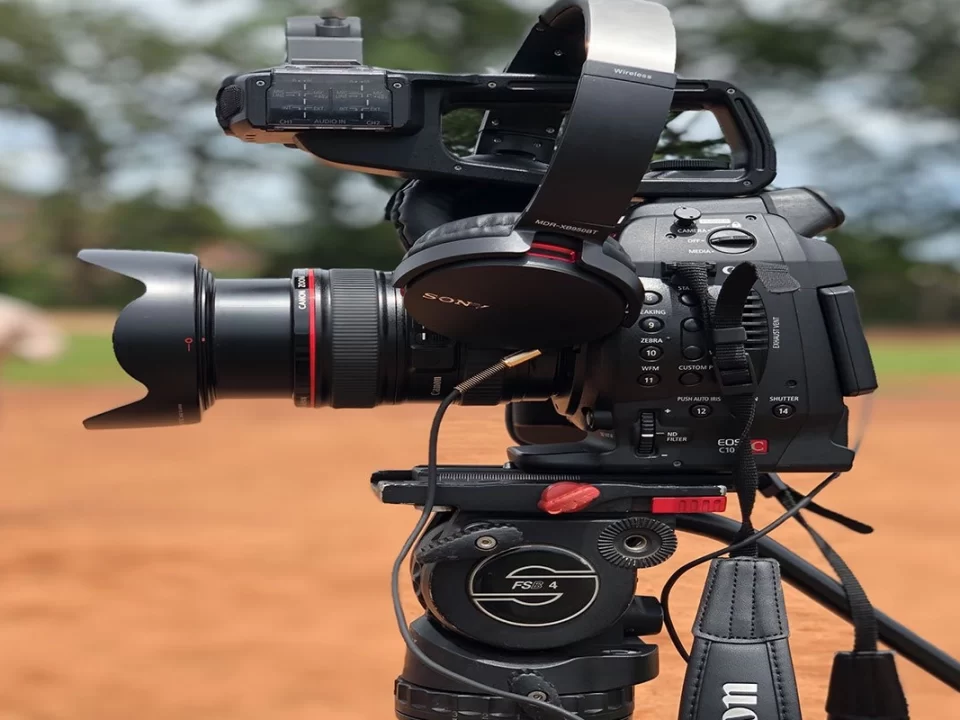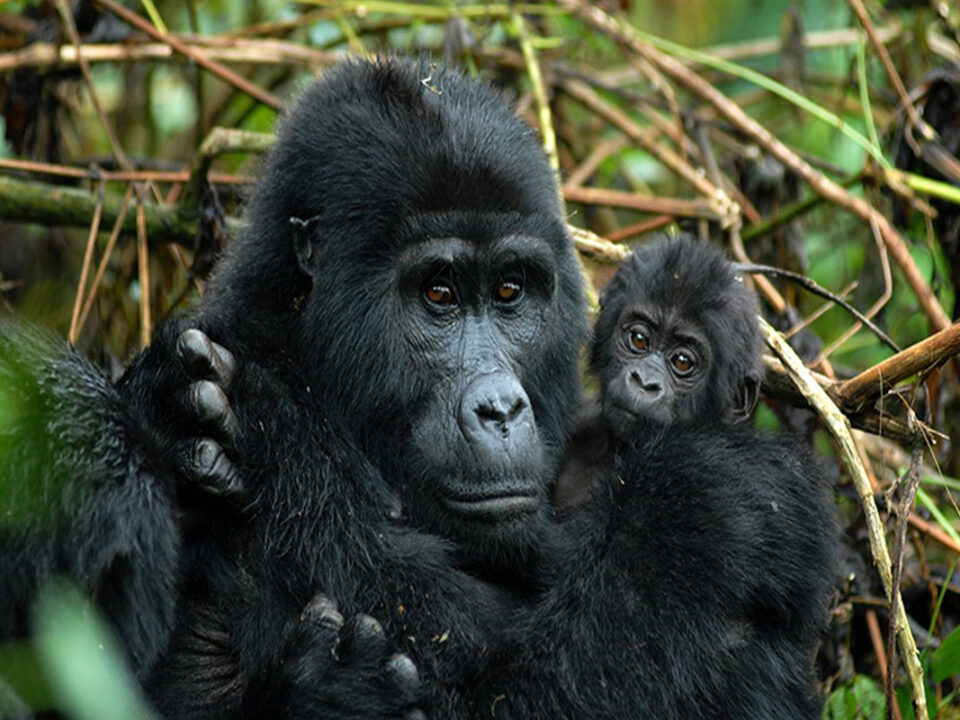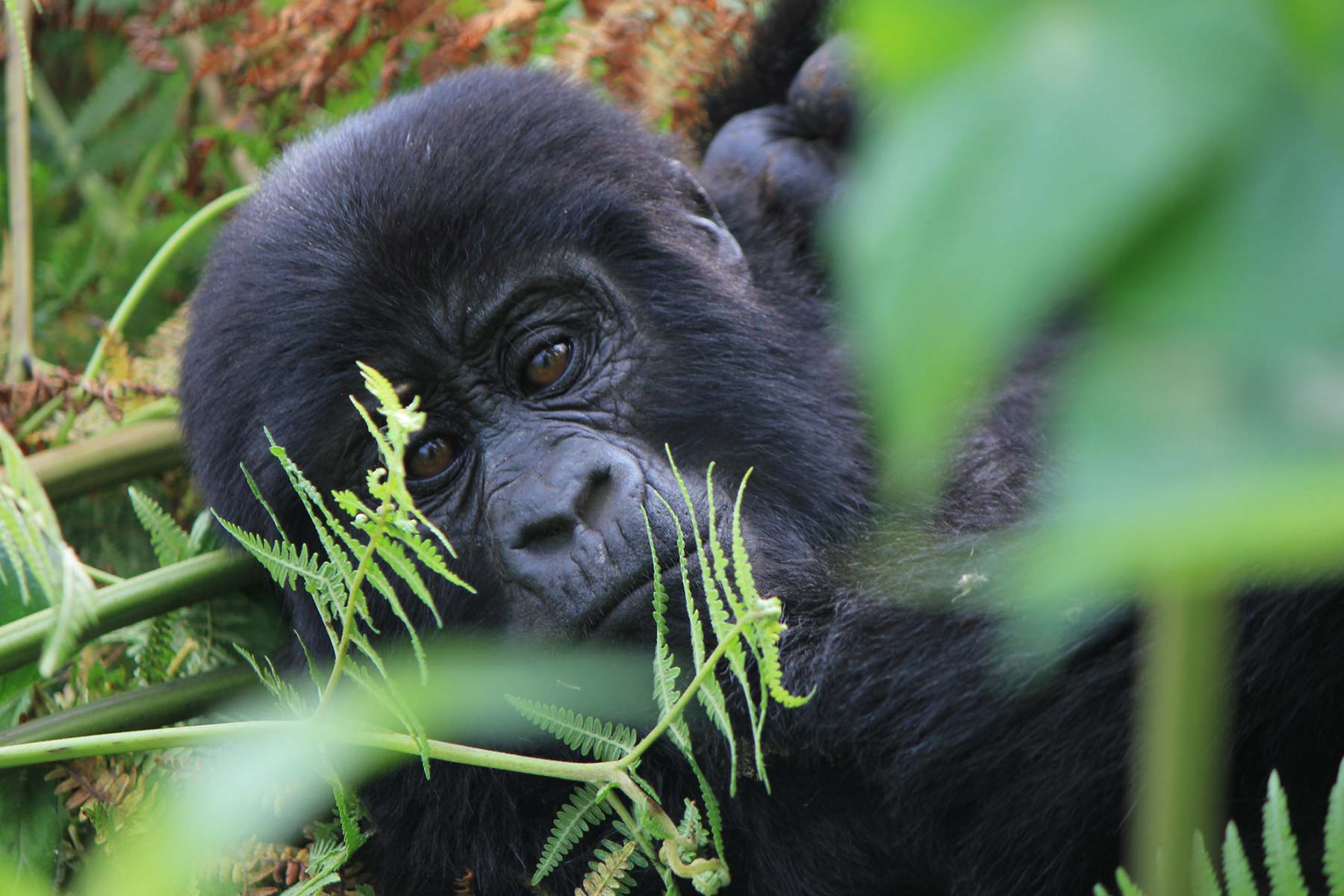
Gorilla Trekking in Buhoma Region
August 21, 2023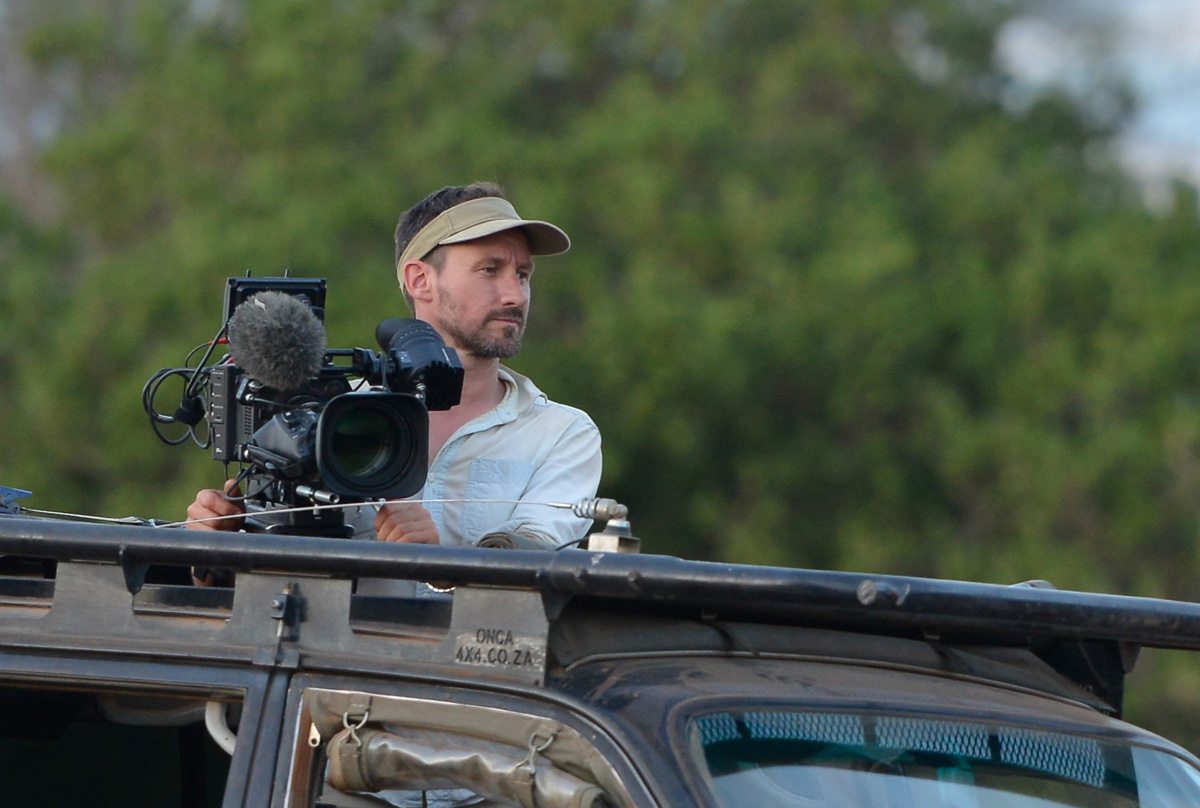
Scouting and Film Fixing Services in Uganda
August 21, 2023Customs Kit Clearing Process in Uganda for Production Houses and Film Crews
When embarking on a film project in Uganda or Rwanda, a crucial aspect of the preparation involves securing temporary clearance for all filming equipment entering the country. Trek Africa Expeditions stands as your ally in procuring this essential clearance and ensuring a seamless process with customs. By sharing details of your scheduled shoot in Uganda and Rwanda, we at Trek Africa Expeditions facilitate the acquisition of temporary clearance for your filming kit, guiding you through every step of the way. With our extensive experience in handling and coordinating film crews, rest assured that your filming journey in Uganda will be free of any hindrances. Our dedicated and seasoned clearing agent takes charge of your kit’s clearance, streamlining the process and ensuring a hassle-free entry through customs upon your airport arrival.
The Process of Customs Kit Clearing in Uganda
As you plan your shoot in Uganda or Rwanda, we request that you provide us with a comprehensive kit list. This list should include the name, serial number, and value of each equipment piece. Once we receive this information, we promptly forward it to our trusted clearing agent for a thorough evaluation. Upon completion of the evaluation, we communicate the necessary details to you, enabling you to make the requisite payment. This payment typically constitutes a certain percentage of the total cost of your filming kit.
Upon your arrival at either Kigali International Airport in Rwanda or Entebbe International Airport in Uganda, our dedicated clearing agent awaits you. You’ll find them stationed at the immigration or customs area, ready to guide you through the customs clearance process. Their expertise ensures that your kit’s legal clearance is navigated smoothly and efficiently. Moreover, as you depart from either country, our agent remains at your side to guarantee that all necessary processes are concluded without a hitch, facilitating the kit’s exit from the country in adherence to all regulatory requirements.
Accreditation of Foreign Journalists in Uganda
In accordance with Section 29 of the Press and Journalist Act, Cap 105, individuals employed by foreign mass media organizations or freelancing for such entities must obtain accreditation to practice journalism in Uganda. This accreditation is granted through the issuance of an accreditation card by the Uganda Media Council. To secure this card, specific fees and terms stipulated by the Uganda Media Council must be adhered to.
The Uganda Media Council collaborates closely with the Uganda Media Center in matters concerning the accreditation of foreign journalists. This symbiotic relationship allows accreditation forms to be accessed through either entity’s offices or websites. Foreign journalists can seamlessly initiate the press accreditation process through either the Media Council or the Media Center, with both serving as viable points of contact. The process culminates at the Uganda Media Council offices, following the payment of prescribed fees and the issuance of the accreditation card.
Requirements and Steps for Accreditation:
- Submission of a letter from the journalist’s employer to the Uganda Media Council Secretary, outlining the purpose of the visit.
- Provision of two passport-size photographs and a scanned copy of the journalist’s passport.
- Completion of Form G, detailing the applicant’s particulars and submission via email.
Upon approval by the Secretary of the Media Council of Uganda, the required fees are to be paid:
- US$175 per person for a stay not exceeding 30 days.
- US$225 per person for a stay beyond 30 days up to six months.
- US$325 per person for a two-year stay.
Benefits and Eligibility for Accreditation
The accreditation of foreign journalists serves as a gateway to a multitude of benefits. It grants access to information, participation in conferences, workshops, and other official gatherings, and enhances the protection of journalists’ rights while performing their duties. Accreditation is open to various categories of individuals, including:
- Journalists working in media enterprises.
- Freelance journalists.
- Students pursuing media, journalism, and communication studies.
- Public Relations practitioners.
- Advertising companies.
- Media trainers.
By adhering to the regulations and procedures outlined by the Uganda Media Council, foreign journalists can navigate their journalistic endeavors within the country with credibility and ease.

